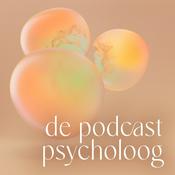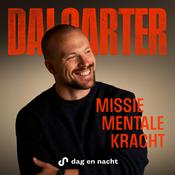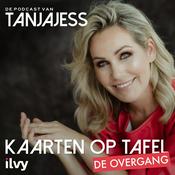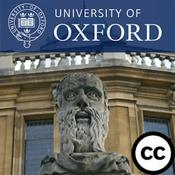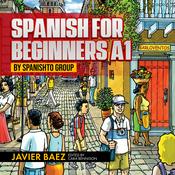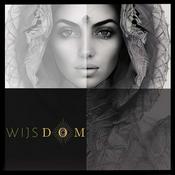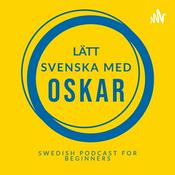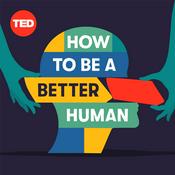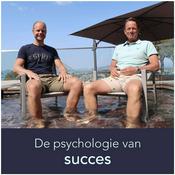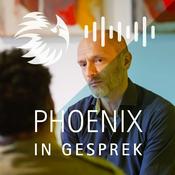56 afleveringen
The Breath Within — How Breath Practices Awaken the Spirit and What Science Says About the Benefits
28-1-2026 | 1 u. 10 Min.Episode 56 · Series 3 — A Year of Body, Speech & Mind
With Richard Freeman, Mary Taylor, Paul Dallaghan, Tenzin Wangyal Rinpoche, and Alejandro Chaoul-Reich
For millennia, yogis have made the breath an integral part of spiritual practice. Even the simple, intimate practice of breath awareness can help us to quickly silence thoughts, calm nerves, soothe anger, and dispel fear. In a live CyberSangha broadcast, invited presenters look at pranayama and other breath practices from Ashtanga, Tibetan, and other forms of yoga. The group will also share scientific interpretations of what goes on as we bring light to our sacred bodies.- Episode 55 · Series 3 — A Year of Body, Speech & Mind
With James Duffy, Charles Raison, and Alejandro Chaoul-Reich
If you’ve ever felt like you’ve lost your mind, you’re not alone — even top scientists remain uncertain of the mind’s location. Based on both contemplative science and anecdotal evidence from direct meditative experience, researchers are reconsidering the relationship between the brain and the mind. In a live online discussion, James Duffy, Charles Raison, and host Alejandro Chaoul-Reich discuss the role of the physical nervous system according to modern science and ancient Tibetan wisdom. The CyberSangha broadcast is part of “A Year of Body, Speech, and Mind,” a free 2021 online program of live teachings, practices, and science & spirituality dialogs. Learn more - Episode 54 · Series 3 — A Year of Body, Speech & Mind
With Tenzin Wangyal Rinpoche
Before we can experience the joy of recognizing our true nature — the larger sense of self that is open, spacious, and fully perfected — we must recognize our smaller self: the “pain mind” that is continually dominated by emotions, mental images, and scattered thoughts. In a live online broadcast, Tenzin Wangyal Rinpoche explains the pain mind and teaches a meditation practice for healing and moving beyond it. This broadcast is part of “A Year of Body, Speech, and Mind,” a free 2021 online program of live teachings, practices, and science & spirituality dialogs. Learn more - Episode 53 · Series 3 — A Year of Body, Speech & Mind
With Ruth Wolever, Richard Rosen, and host Alejandro Chaoul-Reich
Pranayama, or the ancient practice of breath control in yoga and other meditative traditions, plays a crucial role in linking body and mind. Modern research also suggests that certain breathing techniques can promote physical wellbeing, and perhaps even aid in preventing and managing lung ailments such as those associated with COVID-19. The fifth in a series of 2021 Science & Spirituality Dialogs on wellness of body, breath, and mind, this online broadcast is part of a free yearlong online program. Learn more - Episode 52 · Series 3 — A Year of Body, Speech & Mind
With Tenzin Wangyal Rinpoche
Are you voicing your words from a space of vibrant, open awareness? Or, from a place of pain? Tenzin Wangyal Rinpoche explains how to know when pain speech is active in you; how to connect with it; and ultimately, how to transcend it. This broadcast is part of “A Year of Body, Speech, and Mind,” a free 2021 online program of live teachings, practices, and science & spirituality dialogs. Learn more
Meer Onderwijs podcasts
Trending Onderwijs -podcasts
Over The CyberSangha Podcast
Join Tenzin Wangyal Rinpoche, other CyberSangha® hosts, and invited guests for illuminating teachings, guided meditations, and science/spirituality dialogs.
Podcast websiteLuister naar The CyberSangha Podcast, De Podcast Psycholoog en vele andere podcasts van over de hele wereld met de radio.net-app
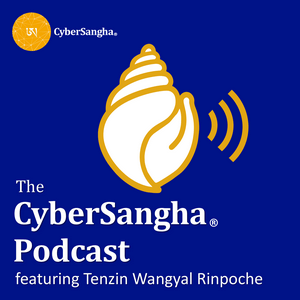
Ontvang de gratis radio.net app
- Zenders en podcasts om te bookmarken
- Streamen via Wi-Fi of Bluetooth
- Ondersteunt Carplay & Android Auto
- Veel andere app-functies
Ontvang de gratis radio.net app
- Zenders en podcasts om te bookmarken
- Streamen via Wi-Fi of Bluetooth
- Ondersteunt Carplay & Android Auto
- Veel andere app-functies


The CyberSangha Podcast
Scan de code,
download de app,
luisteren.
download de app,
luisteren.

